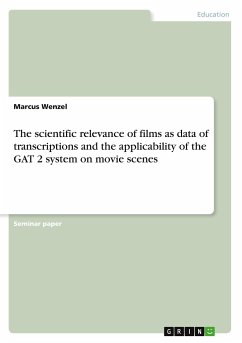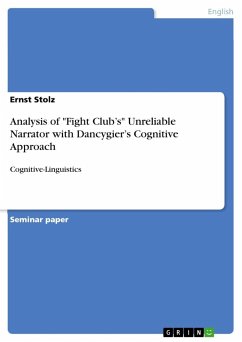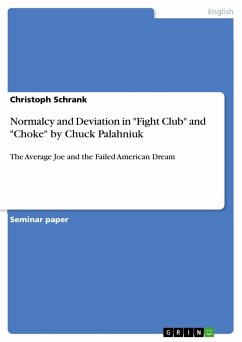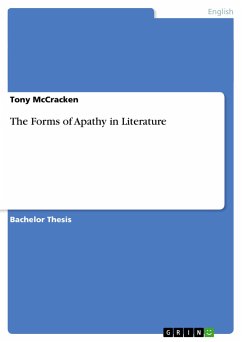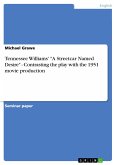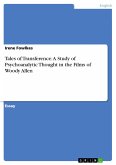Seminar paper from the year 2012 in the subject Didactics - English - Pedagogy, Literature Studies, grade: 1,7, University of Würzburg, language: English, abstract: Since the very beginning of mankind, humans try to depict reality. Not only to broaden their horizon by learning from it, but also to convey their achievements into future generations. You can see a clear development from the Stone Age, where simple cave-paintings were only able to depict actions that could be imitated, to the ancient advanced civilization, who tried to preserve spoken conversations, because oral discourse became the main but volatile transmitter of information. One prime example and also a possible starting point for the idea of transcriptions can be seen in the ancient Greek society, "when the ideal of eloquence was central, [and] writing was viewed as a record of the spoken language". The great thinker Socrates for instance, was transcribed by his student Plato. It was the urge Plato's to save the spoken words of Socrates for posterity. His transcriptions or re-narrations of whole dialogues are now considered as the foundation for western philosophy. Of course this transcript was a rudimentary and corrected transcription because of its only purpose to spread ideas. During the ages, writing developed from an illustration of conversation to an own part of cultural expression.Although it is evident, that encoding spoken words into another semiotic signsystem can never be objective, transcriptions are useful sources in empirical science. In some case, subjectiveness can even be an advantage, as long as the results of research are reflected on. My main focus of this term paper lays on the suitability of movie scenes for transcriptions and if they could have a unique relevance in scientific conversational researches. For this purpose I transcribe two scenes from the film Fight Club by David Fincher with the conventions of the "discourse and conversation-analytic transcription system" called GAT and by that, test the applicability of this system to the branch of discourses in the medium of film.
Hinweis: Dieser Artikel kann nur an eine deutsche Lieferadresse ausgeliefert werden.
Hinweis: Dieser Artikel kann nur an eine deutsche Lieferadresse ausgeliefert werden.

